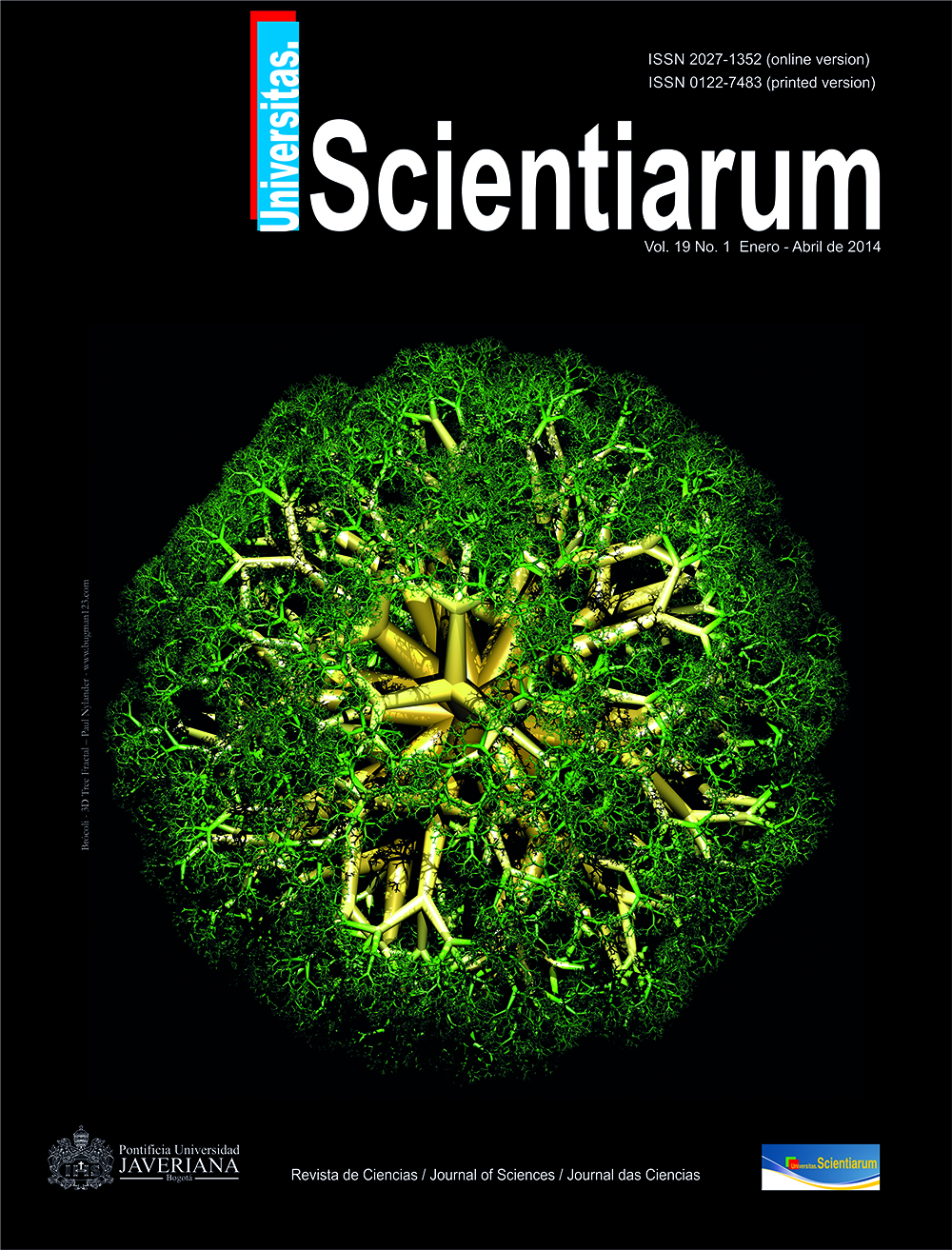Abstract
To develop proposals in bacterial formulations applicable to the agricultural sector, a study of physicochemical and biological parameters of the polymeric materials is essential. Here, we evaluated the effects of eight polymers on the cellular viability of Rhizobium sp. G58 during a 2-month period. From these results, we selected the three polymers that yielded the best results in respect to the survival of the bacteria. An assay of the effect of the polymers on the symbiotic activity of Rhizobium-Cowpea and the agronomic parameters was conducted under greenhouse conditions, based on the principal component analysis. A positive effect was found in Rhizobium sp. G58 using the Tukey’s Test (p<0.05) with sodium alginate (0.5-1%) and hydroxypropyl methylcellulose-HPMC (0.125-0.5%), while a significant decrease was established in cellular viability using polyethylene glycol-PEG, carbomer-Carbopol 940, and polyvinyl alcohol-PVA. The multivariate analysis indicated that the application of the polymers (sodium alginate and hydroxypropyl methylcellulose) in 0.5% concentration did not have negative effects on the symbiotic fixation of nitrogen or the process of nodulation. In conclusion, our results suggest the effectiveness of these polymers and the possibility of using them as carriers of bacterial formulation without affecting physiological processes.
Univ. Sci. is registered under a Creative Commons Attribution 4.0 International Public License. Thus, this work may be reproduced, distributed, and publicly shared in digital format, as long as the names of the authors and Pontificia Universidad Javeriana are acknowledged. Others are allowed to quote, adapt, transform, auto-archive, republish, and create based on this material, for any purpose (even commercial ones), provided the authorship is duly acknowledged, a link to the original work is provided, and it is specified if changes have been made. Pontificia Universidad Javeriana does not hold the rights of published works and the authors are solely responsible for the contents of their works; they keep the moral, intellectual, privacy, and publicity rights. Approving the intervention of the work (review, copy-editing, translation, layout) and the following outreach, are granted through an use license and not through an assignment of rights. This means the journal and Pontificia Universidad Javeriana cannot be held responsible for any ethical malpractice by the authors. As a consequence of the protection granted by the use license, the journal is not required to publish recantations or modify information already published, unless the errata stems from the editorial management process. Publishing contents in this journal does not generate royalties for contributors.



